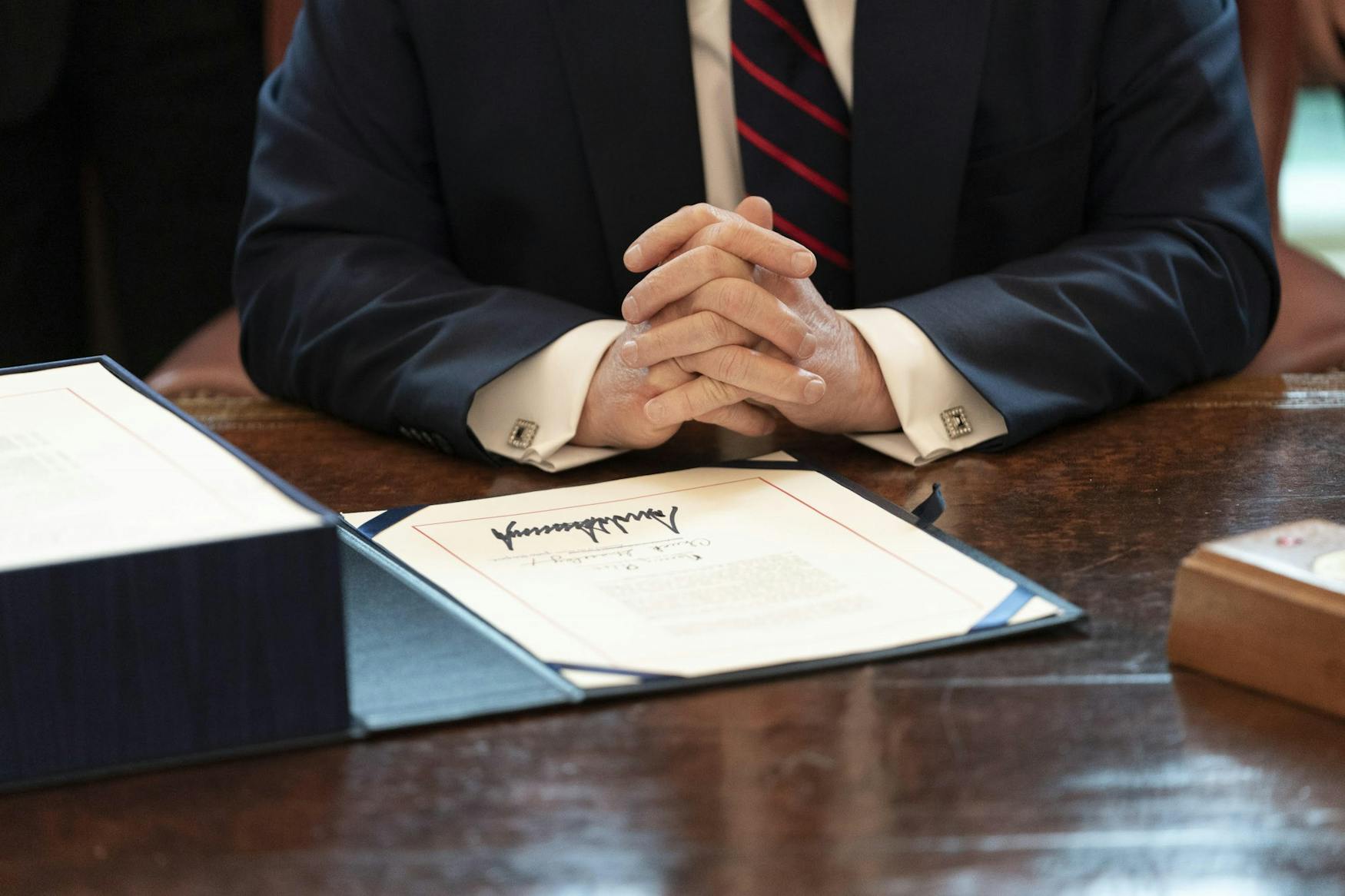Pardons and power in one hand
If you hand a cranky toddler a hammer, chances are they attempt a good hashing at whatever is in front of them. If you give a patterned fraudster unchecked executive authority, is it fair to say he will use that power to pardon his co-conspirators?
The reality of recent precedent informs us how needless this question might be. On Jan. 20 2021, shortly before leaving office, former President Donald Trump pardoned 74 people and commuted the sentences of 70 others. This comes as a sudden but unsurprising ploy from a grandstanding ex-president seeking refuge from his own misdeeds.
Trump is not without allies in the ‘one-hand-pardons-all’ department. Congressman Mike Johnson (R-L.A.) recently touted his support of Trump’s move, claiming that pardoning power should only be left in the hands of the president. Johnson vilified what he dubbed to be “partisan passions” and their knack for impairing the judgment of Congress to make good pardoning decisions — which is why he believes the president should handle all the pardoning with a discernment “based upon their personal judgment and notion of justice.” But politicians and presidents are ultimately faulty sacks of meat like the rest of us. What happens when this tool of personal discernment is clearly skewed in favor of self-service? What happens when past actions inform us how seriously compromised this “personal judgment” is, and how atrocious these “notions of justice” are?
Whatever the acclaimed benefits, rights and responsibilities, isolating such an influential policy tool in the hands of one fallible person is a reckless action. We need look no further than Trump’s desire to pardon himself, an idea more fitting of a dystopian improv troupe than a level-headed public servant capable of executing the duties of presidential office.
There is a good chance that the ugly aftermath of some of this targeted clemency for Trump’s more infamous acquaintances will be long standing. The results of these long political leashes have already spanned well beyond the borders of the United States. Former Trump advisor and vocal alt-right news pundit Steve Bannon was recently charged with fraud in connection to the notorious ‘We Build the Wall’ campaign, during which he extracted almost $1 million in civilian funds to pay for personal expenses under the guise of patriotically calling on the public to build Trump’s border wall with their own money. Trump subsequently pardoned Bannon, effectively freeing him of the fraud charges and any responsibility to stand trial. In a similar move, Trump pardoned former national security advisor Michael Flynn, a retired U.S. Army lieutenant general, who lied to the FBI about speaking with Russian diplomats in 2017 following the inquiry into the Trump administration’s alleged collusion with Russia. If a president is allowed to grant clemency to those who have used their ties to him to commit fraud against the very people he is entrusted to protect, what is to stop him from using similar measures to hide his own transgressions? Trump need not necessarily pardon himself to avoid full blame.
Following Bannon’s original booting from the White House, he took his unhampered money and connections out to Europe where he focused on building and extending his global populist movement — the same movement upon which Trump’s legacy was largely buoyed. Holding secret meetings with hedge fund managers and other big time right-wing government leaders, Bannon has shown no intention of letting up on his nationalist agenda to promote alt-right figures and sympathizers to the thrones of power across the world. For his part, Flynn is sticking to stateside wrangling, calling for militarized action to overturn President Biden’s election on behalf of Trump and joining the president in inciting a riotous mob that went on to terrorize the Capitol. It is not hard to see why the pardoning of both these men spoke to Trump as he attempts to defend any false shred of innocence he purports to have amongst these matters.
Clearly, these men feel no need to restrain their mockery of public service on a large scale. This is not a call for incarceration. It is a plea for accountability, to confront and convict the actions of those who seek and exercise disproportionate political and financial power. Curtailing presidential pardon power is on the Democratic agenda, but only to a limited extent. Representative Adam Schiff (D-C.A.) is fighting for a novel Pardon Prevention Act that would require the Department of Justice to investigate if a president seeks to pardon someone involved in a probe in which that same president is also a subject. It is unclear if this is sufficient action. Trump is far from the first U.S. president harboring some semblance of unchecked dominion-seeking by corrupting powers meant to serve the public. Perhaps presidential pardoning should go out the window altogether.
On Saturday, February 13, the former president was acquitted of his incitement of the Jan. 6 riot. His acquittal raises the question of not only what he will be allowed to do next, but what anyone else might be allowed to do should they hold the presidential office. Unchecked pardoning power, like an acquittal following an incitement to riot and harm human beings, leaves too much open to doubt. Neither Trump nor Bannon nor Flynn are officially in office any longer, but precedent matters. And as American history goes, one does not need to hold office to exert upending influence over a politically gridlocked nation — so long as one has money and a bully pulpit.




Please note All comments are eligible for publication in The Justice.